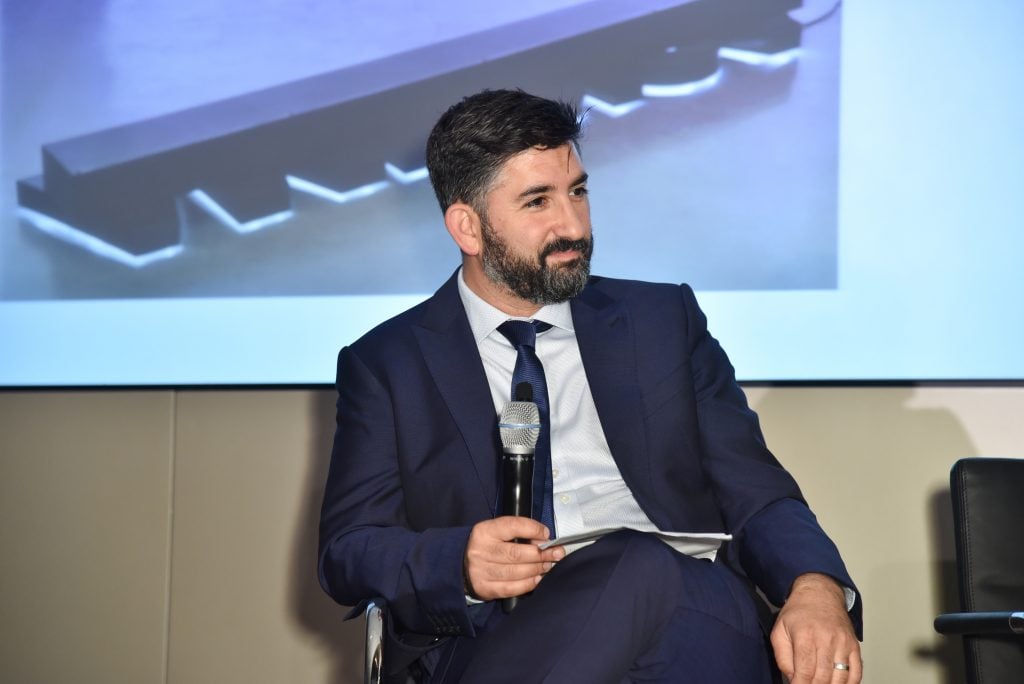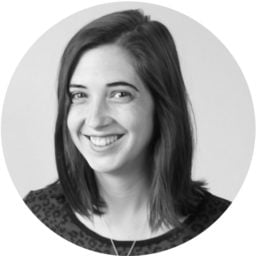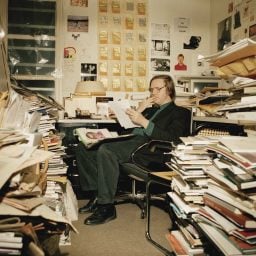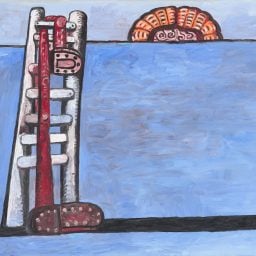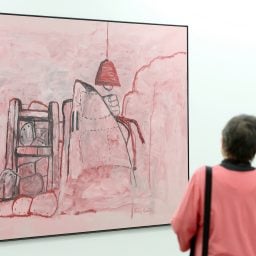Mark Godfrey, a star curator at Tate Modern in London and a co-organizer of “Philip Guston Now,” has been suspended by his museum for speaking out against the show’s postponement.
The show, which was set the travel between the National Gallery of Art in Washington, DC; the Museum of Fine Arts in Houston; the Museum of Fine Arts in Boston; and the Tate, was pushed back for several years by the institutions in a joint decision last month over concerns about Guston’s depictions of Ku Klux Klansmen.
Shortly after the announcement, Godfrey took to Instagram to blast the decision.
“Cancelling or delaying the exhibition is probably motivated by the wish to be sensitive to the imagined reactions of particular viewers, and the fear of protest,” Godfrey wrote. “However, it is actually extremely patronizing to viewers, who are assumed not to be able to appreciate the nuance and politics of Guston’s works.”
Three sources close to the Tate told the Art Newspaper, which broke the story, that the decision to discipline Godfrey was directly related to his comments.
“If you work at Tate, you are expected to toe the party line,” an anonymous source told the publication. “There is very little tolerance for dissent and an increasingly autocratic managerial style.”
The museum did not reply to Artnet News’s request for comment. An email to Godfrey returned an out-of-office message. But at least some outside commentators, including the art historian Michael Lobel, have criticized his suspension.
Initially delayed from June 2020, the exhibition was supposed to open in July 2021 at the National Gallery of Art.
In September, the museums hosting the show issued a statement announcing a postponement to 2024, citing the Black Lives Matter protests that erupted following the death of George Floyd at the hands of Minnesota police in May.
“As issues of race and social justice have become increasingly part of public dialogue over the last several months, it became apparent we needed to rethink our interpretation of these works,” the museums told Artnet News at the time.
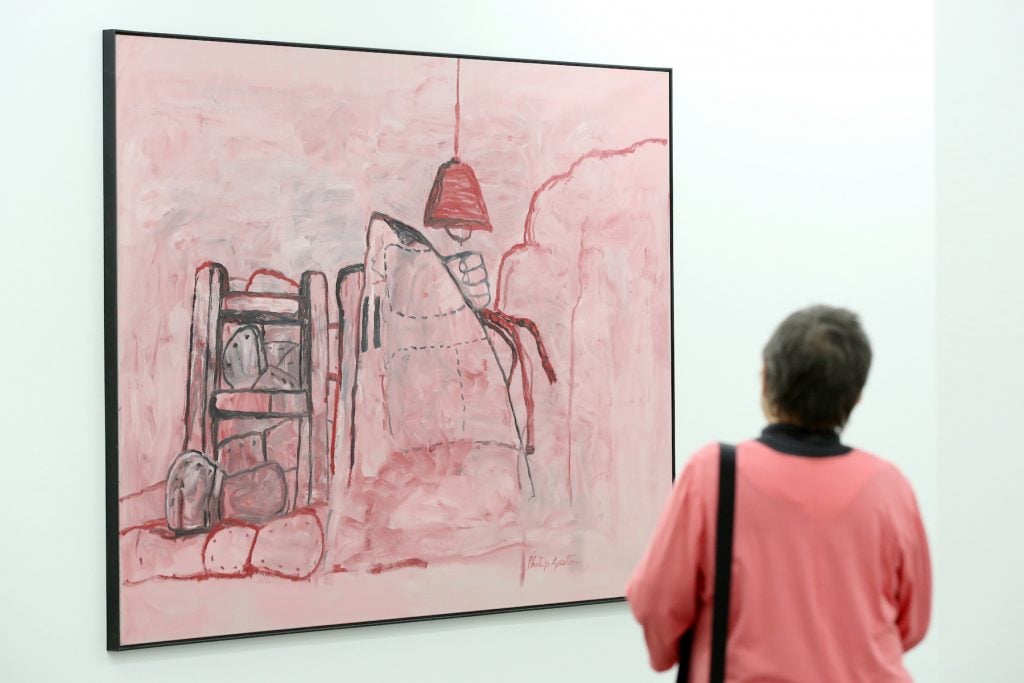
A visitor looks at the work Cave by US painter Philip Guston in the exhibition rooms of the collection Falkenberg in Hamburg, Germany, February 21, 2014. Photo by Bodo Marks/picture alliance via Getty Images.
The postponement proved immediately controversial, igniting a debate over race, censorship, and social justice. Over 2,600 art professionals signed an open letter demanding the museums open the exhibition next year as originally planned.
The exhibition was set to include 125 paintings and 70 drawings, including 25 works featuring KKK figures. To contextualize those works, the curators had solicited texts by African American artists Glenn Ligon and Trenton Doyle Hancock, whose recent show at James Cohan Gallery in New York featured paintings with Klan figures inspired by Guston’s work.
Critics say Guston’s embrace of Klan imagery was meant to remind viewers that white people are complicit in the systemic racism that permeates the US.
“[Guston] was appalled by the rightwing turn in America and wanted to reflect on white supremacy: how evil is concealed by hoods, how evil might succeed through its banality,” Godfrey wrote in his Instagram post. “But he also felt compelled to imagine himself behind the hood. Can one be white in America and remain untarnished by such forces, he asked.”
